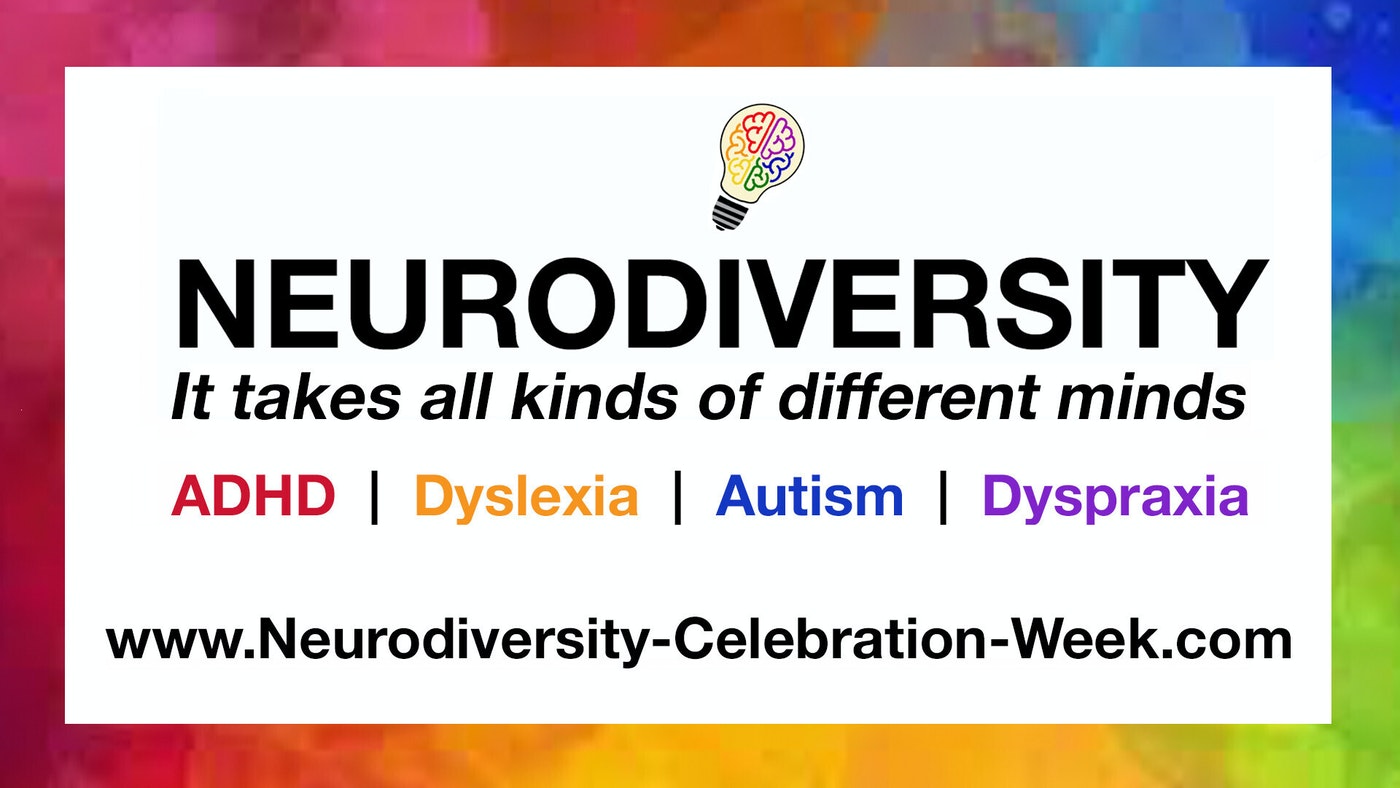This week we are embracing differences as part of the third annual Neurodiversity Celebration Week. Launched by Siena Castellon to ‘flip the narrative’ for people with Autism and learning differences, this week is an opportunity to talk about the strengths, talent and creativity that people with neurodiversity can bring to our classrooms and to our lives.

Harvey Blume, writer and largely responsible for popularising the term “neurodiverse”.
With an estimated 15% of the UK population considered neurodivergent, it is likely that you are teaching a number of students that fit this profile every day. You can make careful plans to include these children, using differentiation and targeted support to make sure they can access the same learning outcomes as their peers.
Unfortunately, many neurodivergent people go on to describe negative experiences of school. Siena Castellon explains that this is largely due to the common interpretation of cognitive difference as a barrier to be overcome.
Neurodiversity Celebration Week presents us with an opportunity to reflect on the experience of neurodivergent children in our classrooms and think about how we can give them a sense of belonging and demonstrate that they are valued for who they are.
How often do you talk openly about neurological differences in your classroom? Discussion can provide you with a meaningful forum for addressing misconceptions and promoting acceptance. There are a number of stimuli to use as a jumping off point for discussing differences, with a focus on the unique strengths that these bring, for example:
© 2024 Voice 21. Voice 21 is a registered charity in England and Wales. Charity number 1152672 | Company no. 08165798